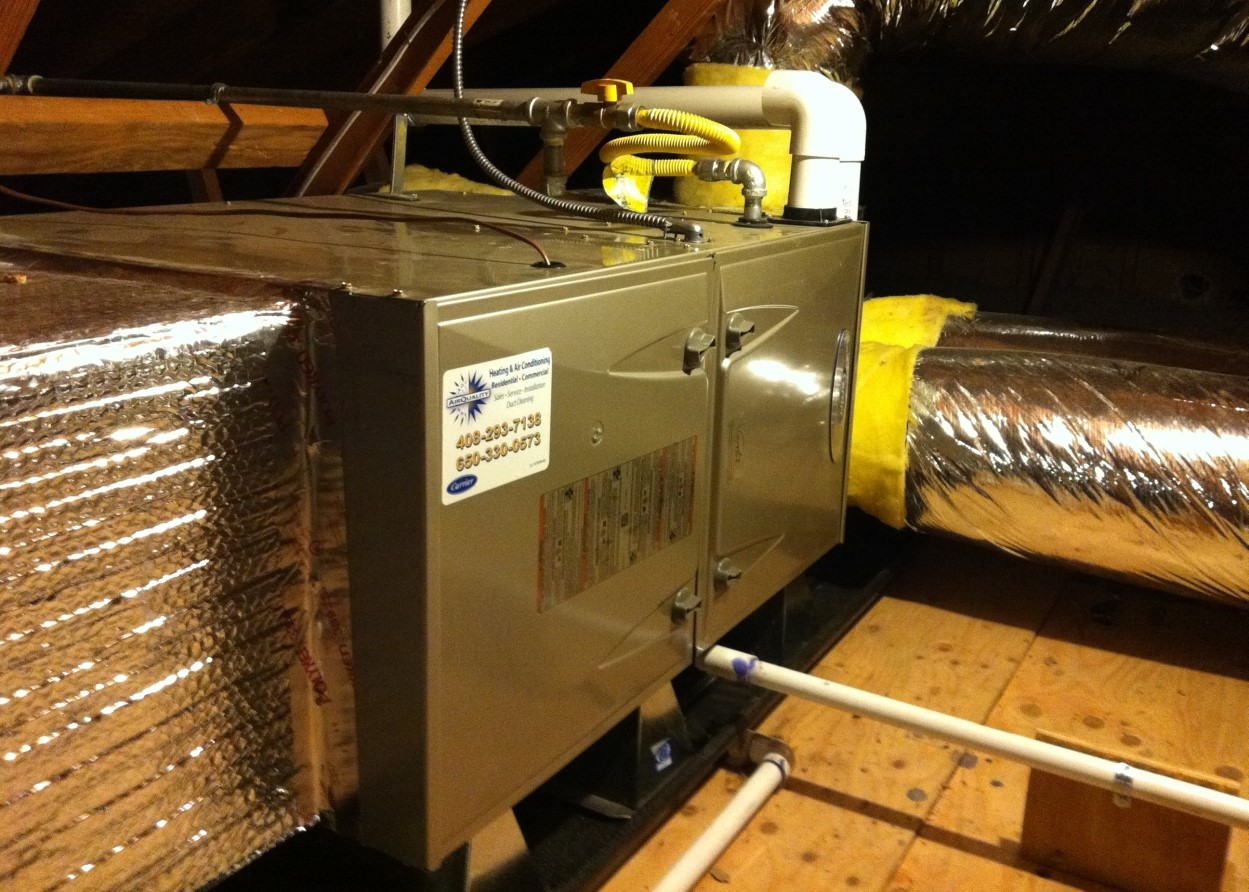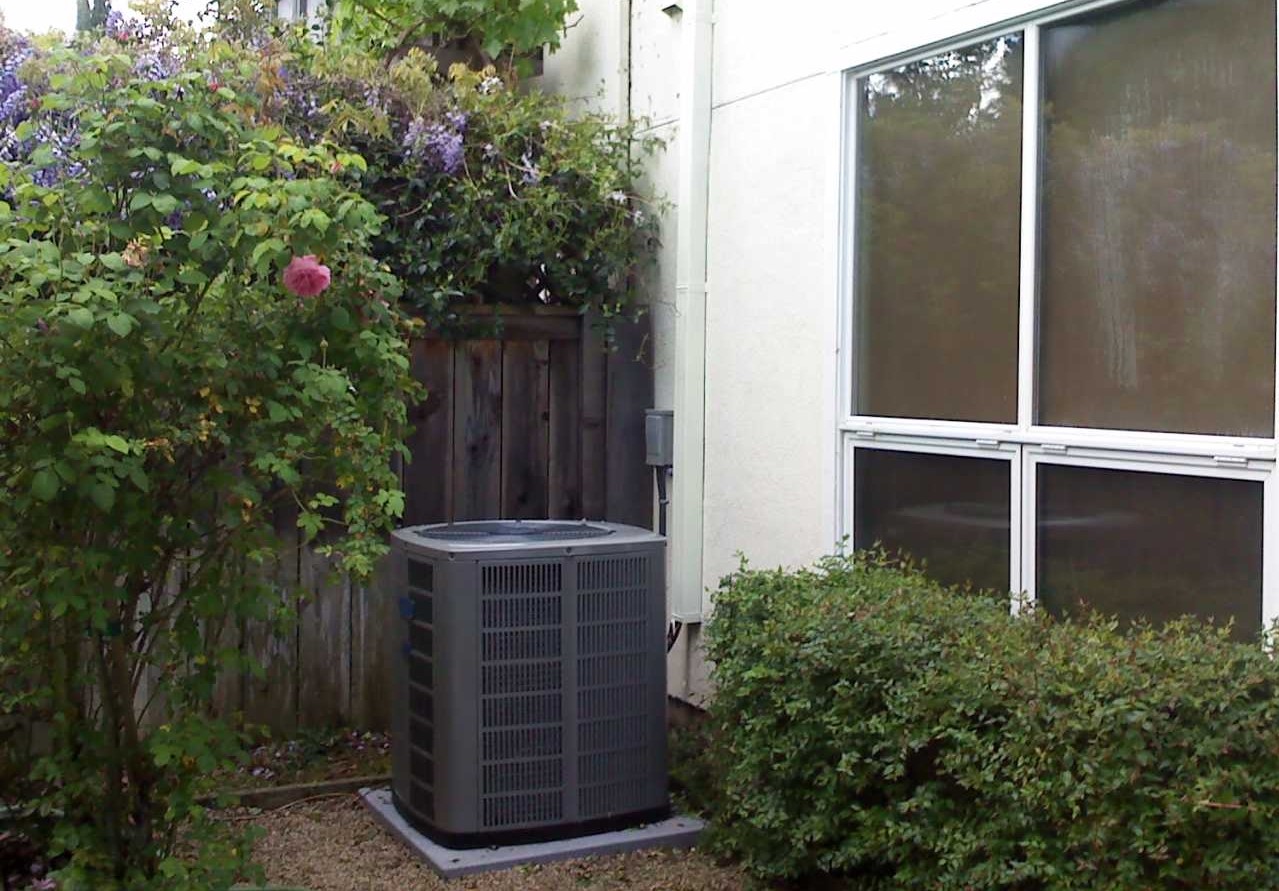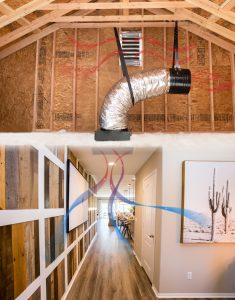
Another summer is here and things are already starting to warm up. If your home has air conditioning, beating the heat will be a cinch, but you shouldn’t take your system for granted. To learn about A/C maintenance and cost-saving strategies, we talked to seven Diamond Certified Expert Contributors in the HVAC industry.
Maintaining Your Air Conditioning System
Air conditioners require regular maintenance to sustain energy-efficient performance and prevent problems. In addition to scheduling routine professional inspections and services, Lior Zeevi of HVAC & Insulation Gurus recommends the following maintenance steps:
• Clean the condensate drain line. This small, plastic pipe conveys condensation created by the air conditioning unit to the outside of the home. Find the access point for the drain line and pour half a cup of bleach into it. This will clean the line and prevent clogs or bad odors caused by mold/mildew buildup.
• Check the freon level. When an A/C system gets low on freon, the compressor has to work harder to compensate, which results in wasted energy. Have a professional check your system’s freon level every couple of years.
• Wash the condenser coils. Since air conditioner condenser coils work more efficiently when they’re clean, make it a point to wash yours every two to three years.
Ricardo Valderrama, owner of Bayhill Heat & Air, Inc., says it’s also a good idea to clean your air conditioner’s outside unit by sweeping off leaves and debris. “To get it really clean, spray it with a garden hose. You should also inspect the blower motor. When an air conditioner’s blower motor isn’t operating at full speed, it can inhibit the entire system’s performance, so check the electrical current and make sure your system is optimized for maximum efficiency.” If you don’t feel comfortable handling this maintenance on your own, Mr. Valderrama recommends calling a professional.

In addition to maintaining your interior air conditioning equipment, be sure to clean the outside condenser unit. Photo: Air Quality Heating & Air Conditioning, Inc. ©2021
Saving Money With Air Conditioning
If your home has air conditioning, you know the cost of running your system can add up quickly. In fact, it’s not uncommon for cooling to account for half of a home’s total energy costs during the summer. If you’re feeling the financial pinch, consider the following ways to minimize your cooling expenses:
Replace inefficient HVAC equipment
According to Bryan Arlaud, CEO of Certified Heating and Air Conditioning, if your HVAC system is more than eight years old, you may be overpaying for air conditioning. In this case, he recommends replacing it with a newer, more energy-efficient model. “During the last decade, California’s ever-tightening energy efficiency regulations have spurred HVAC manufacturers to improve their technology, which has resulted in systems that operate up to and above 90 percent efficiency. For this reason, replacing your outdated system with a modern one could put quite a dent in your monthly utility bills.”
Improve insulation
If your home is drafty, your air conditioner will need to work extra hard to maintain the desired temperature, which translates to extra money spent. That’s why Miquan Johnson, owner of Johnson’s Insulation, recommends having your home’s insulation assessed by a professional. After checking the insulation in your attic, crawl space, walls and flooring, they’ll be able to recommend specific measures such as adding/replacing insulation where needed and sealing drafty penetrations. Besides making your home more comfortable, insulation improvements can save you up to 25% on your cooling (and heating!) bills.

A whole house fan delivers fresh outdoor air throughout the home during cooler times of day. Photo: QC Manufacturing, Inc. ©2021
Install a whole house fan
Another way to cut cooling costs is to supplement air conditioner usage with other, less expensive measures. Sean Madar of Atticare Construction recommends installing a whole house fan in your attic. When operated during cooler times of day (such as the morning and evening), a whole house fan pulls outside air into the home to cool the living space and cycles built-up heat out of the attic.
According to Mr. Madar, a whole house fan offers two major benefits. First, it requires far less energy to run than an A/C unit. When installed as a supplement to air conditioning, a whole house fan can reduce home cooling costs by 50 percent or more. Second, unlike an A/C unit, a whole house fan provides ventilation. “Instead of cycling the same stale air through the vents, a whole house fan introduces fresh air from outside, which improves air circulation and removes odors, allergens, and germs,” he explains. “This can have a big impact during the summer when perpetually closed windows and doors cause odors and particles to become trapped within the home.”
Incorporate solar power
Do you wish there was a way to erase your cooling costs altogether? Mr. Arlaud says that by switching from a gas-powered HVAC system to an electric one and incorporating solar power, you can do just that. Since you’ll be generating your own sun-powered electricity, your air conditioning system will potentially cost next to nothing to run.
Troubleshooting Your Air Conditioning System
If your air conditioning system isn’t functioning properly, your first inclination may be to call a professional. However, Michael Ziegler of Valley Heating, Cooling, Electrical and Solar recommends first doing some basic checks to avoid an unnecessary service fee. For example, if your air conditioner isn’t getting your home cool enough, make sure the thermostat is set to “cool” and the correct temperature is selected. Another factor that can affect your A/C unit’s performance is a dirty filter or evaporator coil. Before calling a professional, check and clean these components to see if it makes a noticeable improvement.
If your air conditioner isn’t working at all, Mr. Ziegler recommends making sure the unit is connected to power. “Next, check your electrical circuit or fuse box to make sure the problem isn’t being caused by a tripped breaker or blown fuse. If there aren’t any power issues, it may be something more serious like a blown motor or compressor, in which case you’ll need professional assistance.”
Communicating With Your HVAC Contractor
When having your air conditioner serviced, repaired or replaced, you might assume your contractor will address any issues you’ve been experiencing. However, Armando Garcia of San Jose Heating & Cooling says you shouldn’t take this for granted. “The only way to have issues resolved in your home is to communicate about them to your contractor. For example, if one room in your home isn’t as well insulated as the others, you might struggle to maintain your desired comfort level. By letting your contractor know about it, you’ll give them an opportunity to look into a solution for you.”
Mr. Garcia says communicating about HVAC-related comfort issues is particularly important when having your furnace or air conditioning system replaced. “Be sure to tell your contractor about any specific issues or problem areas in advance of installation. This will allow them to make modifications that alleviate these issues with the new system.”
Find a Diamond Certified HVAC contractor in your area
